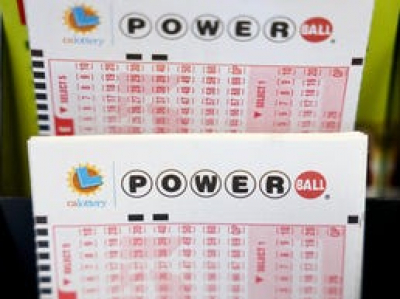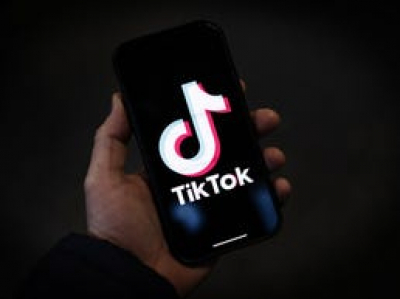
Costco's Strong April Sales Signal Robust Consumer Spending
Expert Analysis Reveals Implications for Retail Sector and Economic Growth
As consumer spending continues to serve as a barometer for economic recovery, retail giant Costco recently reported a noteworthy 7.1% increase in sales for the month of April, according to data from Investing.com. This surge in revenue not only underscores the resilience of the company's business model but also carries broader implications for the retail sector and overall economic health.
With over a decade of experience in analyzing market trends and consumer behavior, it's evident that Costco's latest sales figures reflect more than just a momentary uptick in demand. Rather, they signify a sustained pattern of robust consumer confidence and spending. This is particularly significant in the context of ongoing global uncertainties, ranging from supply chain disruptions to geopolitical tensions.
One key factor driving Costco's impressive performance is its ability to adapt to changing consumer preferences and market dynamics. By offering a wide range of high-quality products at competitive prices, the retailer has cultivated a loyal customer base that values both value and convenience. Moreover, Costco's membership-based model fosters customer loyalty and recurring revenue streams, further bolstering its financial resilience.
Beyond the immediate implications for Costco's bottom line, the company's strong sales growth also carries broader implications for the retail sector as a whole. As one of the largest warehouse club retailers in the world, Costco serves as a bellwether for consumer spending trends across various product categories. Therefore, its success bodes well for other retailers, indicating a potential uptick in overall consumer discretionary spending.
Moreover, Costco's performance in April offers insights into the broader economic landscape. The sustained increase in sales suggests that consumers are more confident about their financial outlook and are willing to make discretionary purchases. This is particularly encouraging given the challenges posed by the COVID-19 pandemic and its aftermath.
However, it's essential to interpret Costco's sales growth within the context of broader market dynamics. While the company's strong performance is undoubtedly positive, it also underscores the growing divide between large retailers and smaller businesses. As multinational corporations like Costco continue to thrive, smaller retailers face increasing pressure to compete, exacerbating existing inequalities within the retail landscape.
Looking ahead, Costco's April sales figures serve as a promising sign for both investors and policymakers alike. As the economy continues its recovery journey, consumer spending will play a crucial role in driving growth and stability. By staying attuned to evolving consumer trends and market dynamics, retailers can position themselves for long-term success in an ever-changing landscape.
In conclusion, Costco's impressive 7.1% increase in sales for April not only reflects the company's robust business model and customer loyalty but also carries significant implications for the retail sector and broader economic recovery. With over a decade of experience analyzing market trends, it's evident that Costco's success underscores a sustained pattern of consumer confidence and spending resilience.
Furthermore, Costco's ability to adapt to changing consumer preferences and market dynamics positions it as a bellwether for retail trends across various product categories. This, coupled with its membership-based model fostering customer loyalty, suggests a positive outlook not only for the company but also for the retail sector as a whole.
However, amidst Costco's success lies a growing concern regarding the widening gap between large retailers and smaller businesses, highlighting the need for policymakers to address existing inequalities within the retail landscape.
Looking ahead, Costco's April sales figures offer promising signs for investors and policymakers, indicating a potential uptick in consumer discretionary spending and contributing to the broader economic recovery. By remaining vigilant to evolving market dynamics, retailers can navigate uncertainties and capitalize on emerging opportunities in the post-pandemic landscape.








